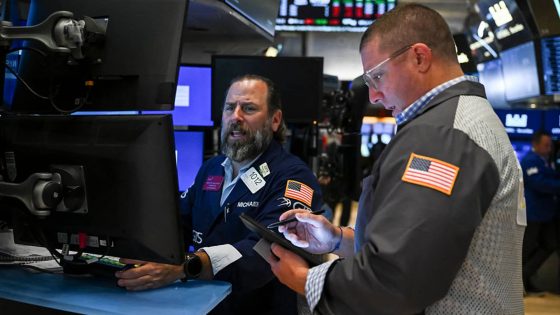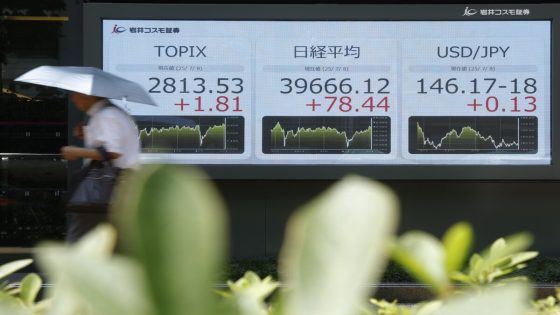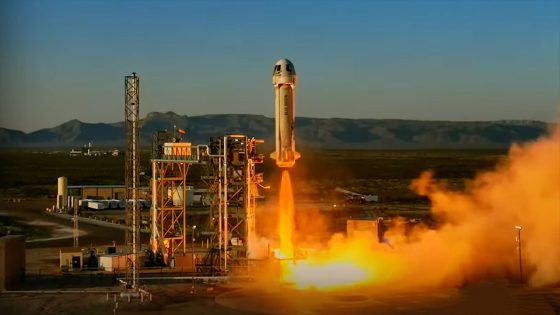Global markets faced a downturn as traders reacted to weaker-than-expected economic data and tariff announcements from President Donald Trump. On August 5, 2025, the Dow Jones Industrial Average fell by 133 points, or 0.3%, reflecting investor concerns.
- Dow Jones fell 133 points on Tuesday.
- Palantir shares surged 8% on revenue.
- Caterpillar reported earnings miss, shares dropped.
- ISM Services index indicates economic slowdown.
- Trump plans new tariffs on semiconductors.
- Over 81% of S&P 500 companies beat expectations.
The S&P 500 also dipped 0.2%, while the Nasdaq Composite remained flat. Notably, Palantir shares surged 8% after reporting over $1 billion in revenue for the first time, contrasting with Caterpillar’s earnings miss that drove its shares lower.
As the ISM Services index flatlined in July, indicating potential inflation and employment issues, the market’s mood soured. Trump’s comments about upcoming tariffs on semiconductors and pharmaceuticals added to the uncertainty, leading investors to question the economy’s health.
This situation raises critical questions about the global economic landscape. Will these tariffs impact international trade relations? How will rising inflation affect consumer behavior worldwide? Key points to consider include:
- Tariff implications could strain U.S.-China relations, affecting global supply chains.
- Weak economic indicators may lead to cautious spending in Europe and Asia-Pacific.
- Investors are closely monitoring earnings reports for signs of resilience.
- Inflation concerns could prompt central banks to adjust monetary policies globally.
As we look ahead, the interplay between tariffs and economic performance will be crucial. Stakeholders must remain informed to navigate these evolving challenges effectively.
































